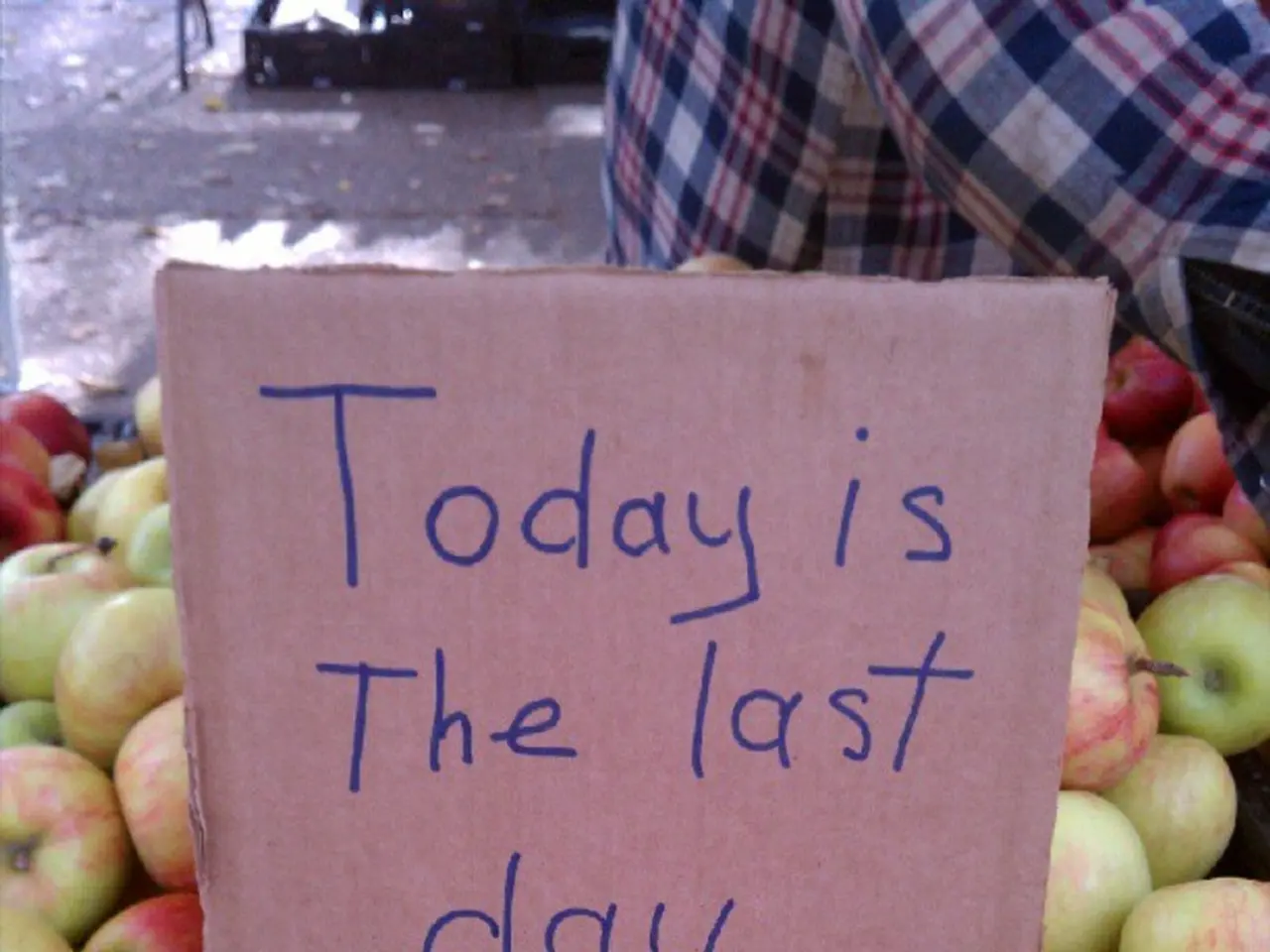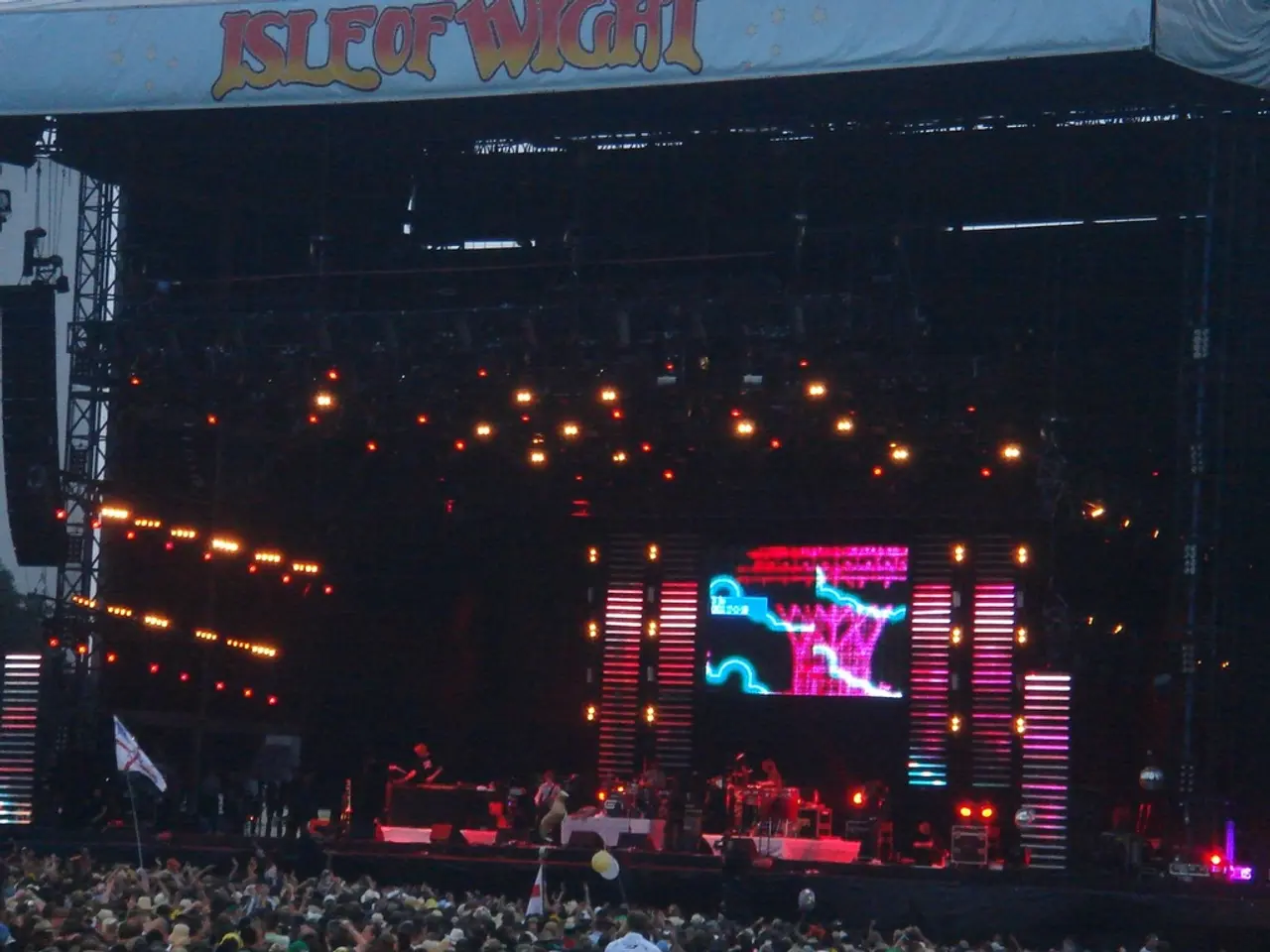"On July 17, 2025, Nicolas will be responsible for the 'Tax Release Day'."
In a series of social media publications, a growing movement advocating for fiscal liberation, led by the figure of Nicolas, has been gaining traction. This movement, which is primarily supported by far-right accounts, takes inspiration from libertarian ideologies and has been marked by the phrase "It's Nicolas who pays" and the concept of a "day of fiscal liberation."
The "day of fiscal liberation," a term popularized by Nicolas, is set for July 17th. This date signifies the day when, according to calculations, taxpayers would have worked enough to pay off their annual income tax, effectively working for themselves rather than the state. The calculation of this date is made by dividing the total annual income tax paid by the average French person by the average number of working days in a year.
Nicolas, aged 30, has found popularity through his social media publications, and his ideology has resonated with many, spreading his influence to the right and abroad. His supporters have initiated an operation to post anti-tax posters and stickers across various locations, mimicking General de Gaulle's call to "rise up" against "fiscal slavery." One common message on these posters is, "The state steals half of your work."
The phrase "It's Nicolas who pays" and the concept of a "day of fiscal liberation" are associated with resistance to taxation and far-right ideologies, though they are not widely recognized terms without specific context. These ideas can be traced back to tax resistance movements, which often emerge when individuals or groups feel overburdened by taxation or disagree with how tax revenue is used.
It is essential to note that while specific phrases like "It's Nicolas who pays" might be used in certain contexts, they are not widely recognized symbols of far-right movements. However, resistance to taxation and discussions about fiscal policy are common themes in political discourse, often aligning with broader ideological debates.
CheckNews has reported on the racist representations associated with Nicolas, raising concerns about the nature and intentions of this movement. This movement, while gaining momentum, remains a topic of contention among its supporters. As the "day of fiscal liberation" approaches, it will be interesting to see how this movement evolves and what impact it may have on the broader political landscape.
- As the "day of fiscal liberation" approaches on July 17th, the movement led by Nicolas, gaining traction on social media and known for its anti-tax stance, is set to escalate.
- Amidst the rise of Nicolas's influence and the far-right support for his fiscal liberation movement, pop-culture references and posters critical of taxation have been popping up, mimicking historic calls for resistance.
- Though the phrases "It's Nicolas who pays" and the concept of a "day of fiscal liberation" are not widely recognized symbols, they represent a growing concern in policy-and-legislation regarding the balance between taxation and individual freedom, intertwining with broader discussions in politics and social media.







